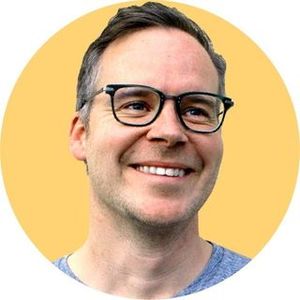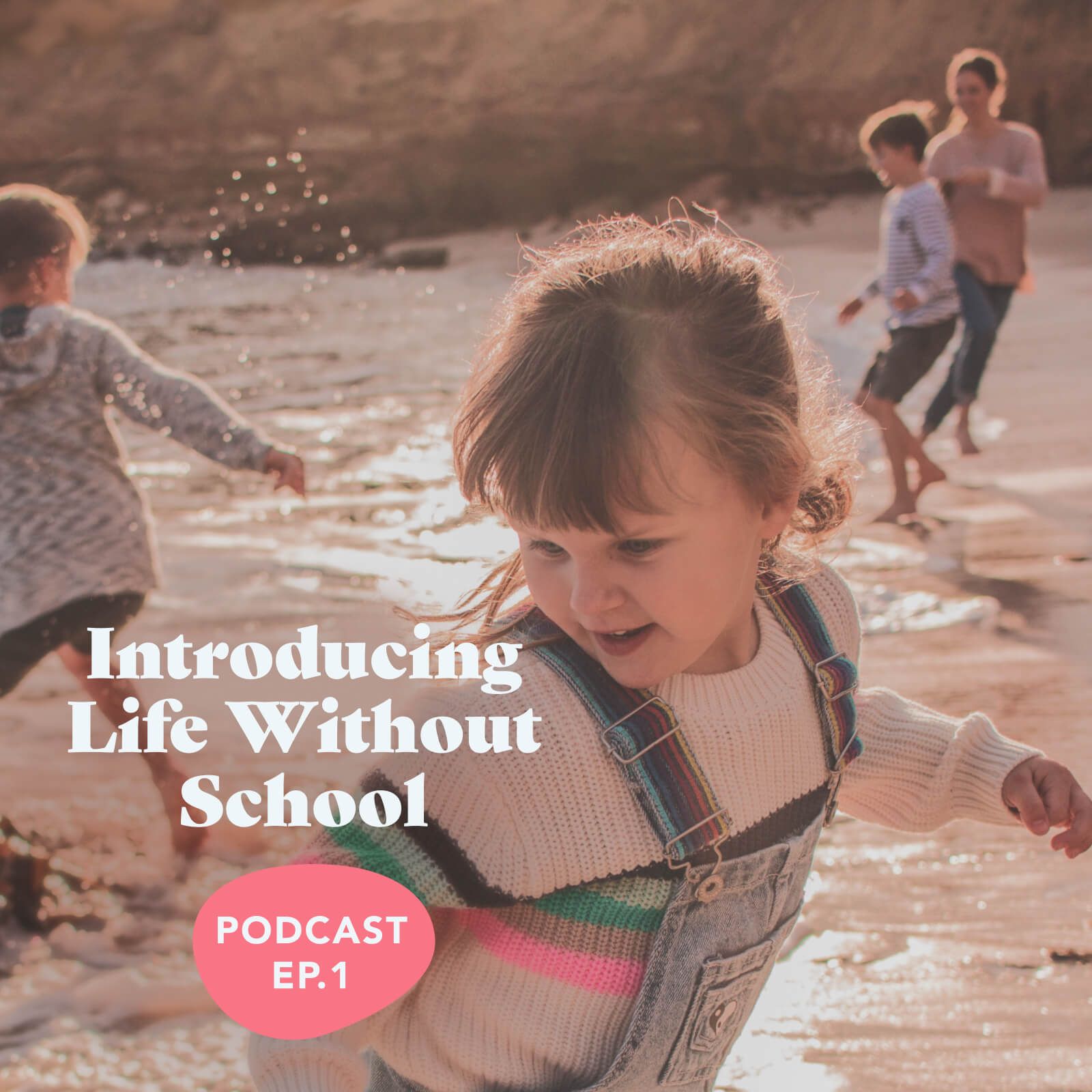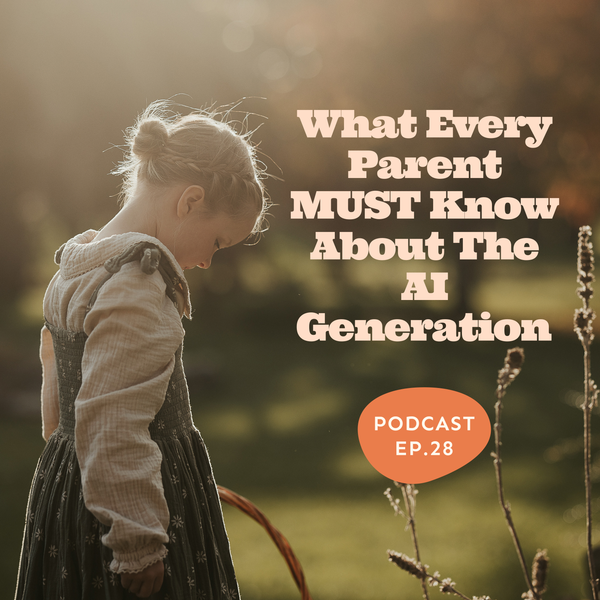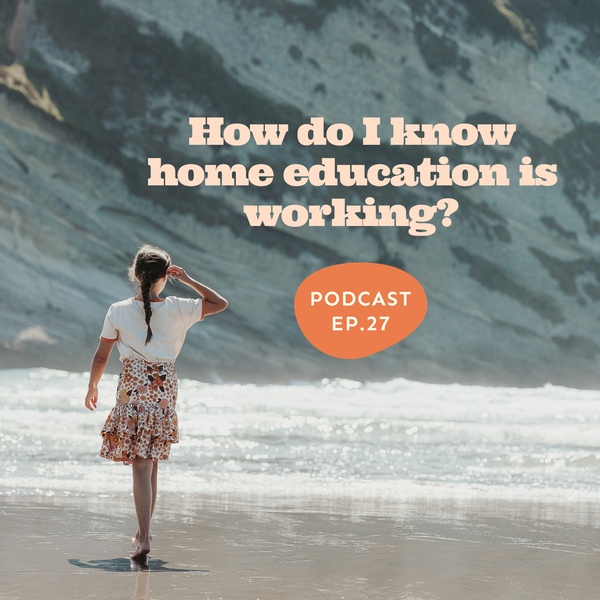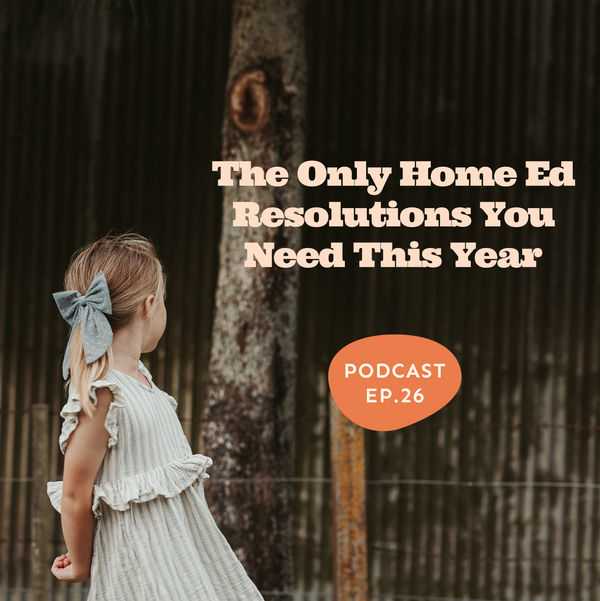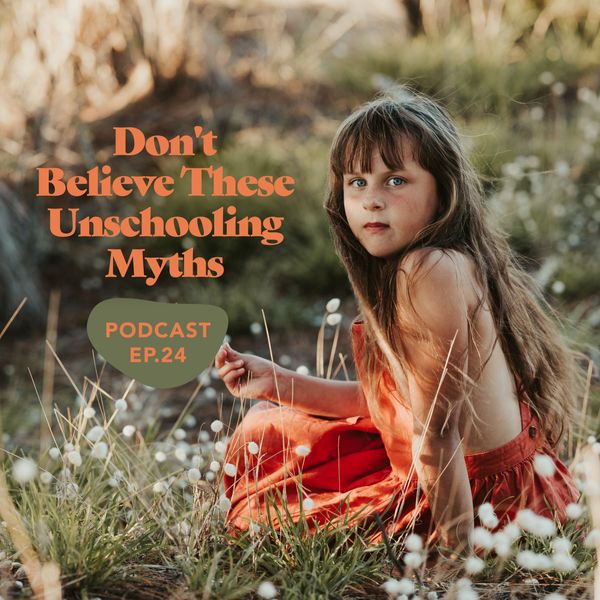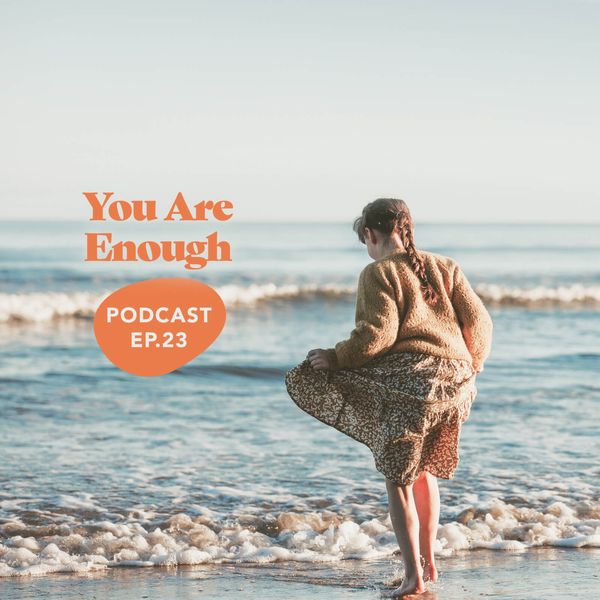In this very first episode of the Life Without School podcast, I’m talking about why it even needs to exist. Why I’m so passionate about shining a light on life paths for children that don’t involve the normal school thing. Why there are millions of children around the world who wake up each day feeling broken, not enough, and believing that the things that come most naturally to them are not important.
Thank you for listening – I hope you’re as excited as I am about this podcast becoming a thing!
These private episodes go even deeper, backed by research, the science of how children learn and grow, and more than a decade of lived home educating experience. Each one is designed to help you rethink, reframe, and recalibrate the way you're walking this path, giving you the confidence to live the version of life you want. The Collection is 23 episodes strong and counting, with over 10 hours of listening available right now.
As a subscriber, you'll also get immediate access to my self-paced course, expert-led masterclasses recordings, five downloadable guides, our school exemption documents, and more 💛
Complete Transcript
Helloooo and welcome to the Life Without School podcast, here to help you and your children live the life you want to, not just the one you’re told you should.
I’m Issy, a writer and unschooling dad from New Zealand.
You can find more about me at starkravingdadblog.com, as well as collections of my favourite posts bundled up into supportive, encouraging little guidebooks for anyone walking this road less travelled.
Thank you so much for tuning in to listen today. Alright, let’s get into this week’s episode.
Well well well – after weeks of staring at this microphone on my desk, I’ve finally managed to shake off my introverted ness enough to actually turn it on. Firstly, I just want to say thank you to the hundreds of you who have sent messages encouraging me to get this podcast started. It’s something I’ve thought about doing for years, so it’s pretty cool to finally show up here.
For this very first episode, I want to set the scene on why I’m so passionate about shining a light on life paths for children that don’t involve the normal school thing. To do that, I’m going to tell you two little stories. The first, the story of my own schooling career through the late 80s and 90s. And then the second, a comparison of my two oldest children.
Underneath both stories will be this concept of a child not being enough, of falling behind…because in the time we’re living right now, perhaps more than ever before, the voices telling us our children are slipping further and further behind where they should be have never been louder.
And, in my opinion, never more wrong. Ok, let’s get into it:
Right, so the first little story I want to tell, to help me set the scene for why this podcast even exists, is going to be mine. I’m going to take you through what were two very different halves of my public schooling life, and I think they perfectly illustrate the issue I have with this whole idea of even being able to fall behind. And the problem with trying to fit not just all children into one system, but even the same child at different points of their life as they grow and change.
Let’s go alllllll the way back to 1986. I’m Googling this as we speak – apparently it was the year the Oprah Winfrey show aired for the very first time, looks like Bon Jovi and Cyndi Lauper were all over the music charts, and I…started school. Ok, I’m officially feeling old.
From the day I first walked into a classroom, I was the absolute model A+ student. I crushed the school game. I was in all the extension programs, I was in sports and athletics teams, and I was a complete joy to have in the classroom. And, I enjoyed being in the classroom, from what I remember.
This is one of my actual report cards from when I was about 12:
“Issy is a teacher’s delight – he listens, considers, watches and acts with thought and maturity. He will achieve what he sets out to achieve in life, and should set his sights high. Very highly self-motivated, empathetic, capable, conscientious, enthusiastic, intelligent, and well-liked boy.”
I mean, how many superlatives do you really need before it gets silly. Still, I didn’t know it then, but that was my schooling peak.
It was going to be alllll downhill from there when I high high school. The pimples and bad haircuts made an entrance, but so did some other things:
More structure, more pressure, more testing, and – what I think was one of the biggest issues for me – the splitting up of classes and subjects into super short blocks. In my high school, here in New Zealand, our days were made up of 50 minute classes followed by a 10 minute changeover break – which gave you just enough time to walk to the next class and get yourself set up for that next subject.
Fun fact on class times – there’s actually no good reason for having the sort of class length we do, despite the fact we’ve been doing it the same way almost globally for over a hundred years. It feels like it’s something we’ve come to very intentionally, but it wasn’t intentional at all. Even after research has clearly shown that children can’t even possibly concentrate for that long in one hit, it hasn’t changed. The research actually shows that between 10 and 20 minutes is the sweet spot, and anything beyond that – without stopping to refresh – is effectively like banging your head against a wall. And so we have this weird imbalance of classes that are too long for someone to sit and concentrate right through, and too short to allow for the coming and going of focus on one thing.
Take a teenager’s first class of the day. Let’s say it’s an English class, focused, for that week, on a creative writing project. For the sake of this illustration, let’s assume this particular teenager is actually interested in the medium of taking ideas from their brain and putting them down into narratives and stories. Many, of course, won’t be. But this one is.
Picture the teenager entering the room at 9am after a busy morning of getting ready for school, packing their lunch, saying goodbye to their family, and running to catch their bus. Picture them settling in, pulling out their laptop or laying out their books, and listening to their teacher introduce a new style of prose or reading an inspiring section from a book. Picture them turning their attention to their work, slowly starting to write or type as the parts of the brain, heart and concentration levels they need for this task are pulled together in harmony. Now, after finally achieving a state of flow in their work, picture their face as the loud bell that signals the end of that class rings out.
It’s 9:50am.
They pack up their things, the flow state they were in washing away as they do, and walk to their next class. This one is mathematics. Today, it’s continuing an exploration of trigonometric functions.
They rinse. They repeat.
And they’ll go and do it all over again tomorrow.
Anyway, I’m getting distracted – that’s another chat for another day.
For the first two years of high school, I went ok. But my As dropped to Bs, then Cs…and by the time I was 15 I was quite conscious of the fact I was struggling to keep up. The following year, with a schedule packed with chemistry, and physics, and statistics, and history, and English, and whatever else was on the typical 16 year old kid’s plate, I started to crumble.
I can’t read out one of my report cards from that time, because I stopped opening them. I couldn’t bring myself to.
I stopped showing up to some of my classes. I ducked away to the public library for entire afternoons. I’d walk away from the school feeling relief at not having to face trying to keep up when I knew I couldn’t, followed by immense guilt and stress about the inevitable consequences.
I had officially fallen behind. I was…in the school’s eyes – pretty much a lost cause. Somehow I scraped through my final year of exams – I vividly remember that, because a pass in New Zealand in those days was 47%…and in my final exam, that I had to pass to get university entrance (because I knew I’d failed two other exams, and this was my last chance) I hit that 47% mark on the dot. I got in, literally, by 1%. That, itself, is a very strange concept.
So I got University Entrance, and – based on a couple of movies that I loved as a teenager, decided I’d become a lawyer. I then spent years at University repeating exactly the same cycle from school. Setting out each year with good intentions, only to fall behind, and eventually just bail out. I left University with nothing to show for it but a stack of student loan debt.
As far as the system is concerned, I am a failure.
But the plot twist, is that I’m actually not. It took me years to really process that, but since bombing out of both school and then university, I’ve worked in sales roles, project management roles, and marketing roles, started and sold a business, helped grow an amazing software company from really small to really big, hired, managed and led some pretty big teams of really great people, and written words – over the past few years – that have touched the lives of millions. I have married the woman of my dreams, and have four beautiful children.
Every day I feel challenged and fulfilled. As a child, I fell behind. But I am not a failure.
I am living proof that the concept of falling behind through childhood, of not meeting the standard, is only real if you believe it is. It only exists if your main goal in life involves arriving at a specific place within a specific period of time. Childhood is not, and should never be, a race. It does not have to end at the very same place for everyone. It is, and should always be, a journey that has many paths and endings, and many different measures of progress and success.
If you’ve followed me on Instagram or Facebook for a while, you will have seen me compare my two oldest children. They’re also the perfect illustration of why we need to be so, so careful telling children they’re falling behind a set standard, because these two boys – similar ages, in the overall scheme of things – are TOTALLY different humans.
The first is an avid reader, writer and artist. Not a square inch of his bedroom clear of his own illustrations. Inhaling books as if they give him life. A beautiful writer with a voracious appetite for creating his own work. Matching and exceeding academic standards in his sleep. A delight to teachers.
But the second, he’s almost the complete opposite. He needs to move, to make noise, to express himself physically. He learns by doing, tinkering, exploring, experimenting. By breaking and fixing. He could never sit still long enough to meet the standards that required him to. I’ll never forget one of the parent-teacher meetings we had for him, where my wife Kate and I sat on those tiny little wooden kids chairs while his very traditional teacher sat behind her desk on a normal sized chair told us he was disruptive, and couldn’t focus, and lacked basic comprehension.
Again, if you follow me on social media, you’ll see me sharing videos of my son playing classical piano music beautifully. That is the same boy, who was told he was – and would likely forever be – behind. That he wasn’t good enough.
If we set the same academic finish line for my two boys, one will always be ahead and one will always be behind. One will always be right, and correct, and respected, and the other will always be broken.
And so here we are, with this podcast. What I’ve talked about today – the difference between two children, but even the difference in one child as they grow – is why I’m here talking about this. It’s why I believe this podcast needs to exist.
Because there are millions of children around the world, who are waking up each day feeling broken. Feeling like they’re not enough. Believing that the things that come most naturally to them are not important.
We have listened to the voices telling our children they need to go faster, to keep up, to relentlessly push towards that one finish line, that one gold standard, for over a hundred years.
It’s time we started respecting children for who they really are.
Phew, if you’ve made it this far with me, thank you so much. I’m pumped to keep showing up here every week, shining a light on the beauty of difference. I’m told podcasts live and die on the reviews they get, so if you’ve taken something from this, and your excited to see it get fully rolling, please consider leaving a review on whatever platform you listened to it on.
And hopefully, I’ll see you back here in a week.
Bye for now.

